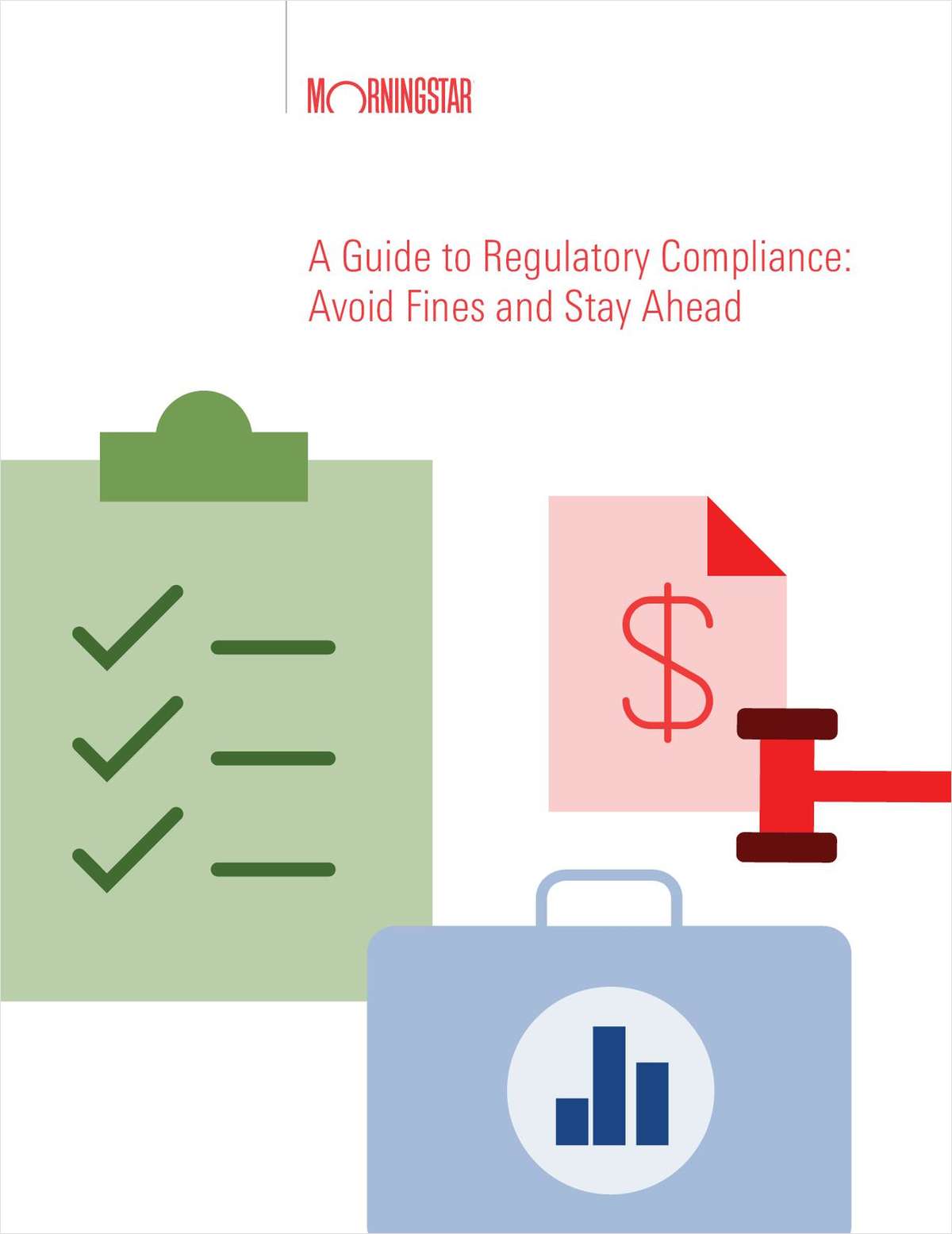 (Photo: FOTOGRIN/Shutterstock.com)
(Photo: FOTOGRIN/Shutterstock.com)Legal Fight Heats Up Over Vaping With First CT Fatality
Lamont issued a statement Thursday announcing "a growing wave of vaping-related illnesses" had hit home in Connecticut with the state's first related death.
October 04, 2019 at 08:36 AM
5 minute read
A week after Connecticut and New York Govs. Ned Lamont and Andrew Cuomo met to discuss issues related to vaping dangers and cannabis decriminalization, developments in both states have kept the issues front-and-center.
Lamont issued a statement late Thursday announcing the first reported Connecticut death from a vaping-related lung injury, bringing the national death toll to 19 and reports of vaping-related lung injuries to at least 1,080, according to the national Centers for Disease Control.
The Connecticut Department of Public Health reported the state's first vaping-related death was a person between the ages of 30 and 39. The department also announced there are at least 25 other cases of vaping-related illnesses under investigation in the state.
Concurrently, a New York appeals court Thursday blocked Cuomo's Sept. 17 decision to ban flavored e-cigarettes, which was scheduled to take effect today. The ruling by the state's Appellate Division, Third Department delays the ban until the motion can be heard on a preliminary injunction, which would prevent the ban even longer. A ruling on the injunction is not expected for at least two weeks.
Lamont reiterated his concern over "a growing wave of vaping-related illnesses" in his Thursday statement, adding that he was "saddened to learn today that tragedy has struck here at home. I cannot stress enough that people should just avoid these products completely, and most especially avoid products that were purchased off the street or have been modified in any way. Very little is known in the medical community at this time about the long-term effects of vaping."
The governor said he is working with state agencies to ensure state laws regarding e-cigarettes and vaping are being strictly enforced. He planned to meet again today with officials from neighboring states to discuss possible further actions.
While vaping-related injuries and deaths have made national headlines, medical officials at the CDC have acknowledged no single product or substance has been linked to the medical problems and that most patients reported having used products containing THC, the psychoactive component of marijuana. In a joint press conference last week, Lamont and Cuomo announced they were working together to consider similar legislative proposals in both states to legalize marijuana and THC-containing products.
The Vapor Technology Association, which sued New York over its ban, applauded Thursday's appeals court decision, which "acknowledges the strength of our claims about the state's executive overreach, and which preserves the ability of hundreds of small businesses to remain open and continue to serve their adult customers," said Tony Abboud, the group's executive director.
The association was represented by Richard De Palma, Eric Heyer and Joseph Smith from the law firm Thompson Hine.
New York State Health Commissioner Howard Zucker said he believed the group's bid for a temporary injunction will be rejected, however, due to widespread health concerns. "It is undeniable that the vaping industry is using flavored e-cigarettes to get young people hooked on potentially dangerous and deadly products," he said. "While the court's ruling temporarily delays our scheduled enforcement of this ban, it will not deter us from using every tool at our disposal to address this crisis."
Store owners who sell flavored vaping products and customers have said the flavors helped them quit smoking tobacco products, and argued that the ban was misdirected because lung illnesses have been said to be linked to illegal cannabis vaping products.
In an appearance on CNBC, Yale University School of Medicine lecturer Dr. Sally Satel said approved vaping products are much less dangerous than cigarettes and remain a preferred alternative to smoking, which produces tar and carcinogens. "No one's saying e-cigarettes are safe, but they are much safer than smoking," Satel said, adding "There's no question that teens shouldn't be vaping, unless they are originally smokers."
Albany County Supreme Court Justice Gerald Connolly initially rejected the Vapor Technology Association's request for a temporary restraining order in a ruling that Cuomo celebrated. "Make no mistake: this is a fight for the very future of this state and for the health of all New Yorkers, and we will continue using every tool at our disposal to protect young people from forming dangerous lifelong habits," Cuomo said.
Attorneys for the VTA then moved for permission to appeal Connolly's decision on the temporary restraining order to the Third Department.
According to the appellate court's order, the state is "temporarily enjoined and prevented from enforcing" the ban on the sale of flavored vaping products until Connolly makes a decision on the preliminary injunction motion.
New York and the Vapor Technology Association are scheduled to file briefs on that motion in the coming weeks, with a decision expected shortly thereafter. If Connolly ultimately decides to reject the preliminary injunction, it's likely that decision will end up before the Third Department for review.
Dan Packel of the New York Law Journal contributed to this story.
This content has been archived. It is available through our partners, LexisNexis® and Bloomberg Law.
To view this content, please continue to their sites.
Not a Lexis Subscriber?
Subscribe Now
Not a Bloomberg Law Subscriber?
Subscribe Now
NOT FOR REPRINT
© 2025 ALM Global, LLC, All Rights Reserved. Request academic re-use from www.copyright.com. All other uses, submit a request to [email protected]. For more information visit Asset & Logo Licensing.
You Might Like
View All
New Partners at Cummings & Lockwood, Carmody Torrance Sandak & Hennessey
2 minute read

DOJ, 10 State AGs File Amended Antitrust Complaint Against RealPage and Big Landlords
4 minute readTrending Stories
- 1NJ Manufacturing Company Sues Insurer to Recoup PFAS Remediation Losses
- 2Critical Mass With Law.com’s Amanda Bronstad: In Mass Arb Fight, Judge Goes After Keller Postman, Jenner & Block. Could Boeing Be Sued Over South Korea Plane Crash?
- 3Legal Tech's Predictions for Data Privacy in 2025
- 4The Corporate Transparency Act Meets the Fifth Circuit
- 5Big Company Insiders See Technology-Related Disputes Teed Up for 2025
Who Got The Work
Michael G. Bongiorno, Andrew Scott Dulberg and Elizabeth E. Driscoll from Wilmer Cutler Pickering Hale and Dorr have stepped in to represent Symbotic Inc., an A.I.-enabled technology platform that focuses on increasing supply chain efficiency, and other defendants in a pending shareholder derivative lawsuit. The case, filed Oct. 2 in Massachusetts District Court by the Brown Law Firm on behalf of Stephen Austen, accuses certain officers and directors of misleading investors in regard to Symbotic's potential for margin growth by failing to disclose that the company was not equipped to timely deploy its systems or manage expenses through project delays. The case, assigned to U.S. District Judge Nathaniel M. Gorton, is 1:24-cv-12522, Austen v. Cohen et al.
Who Got The Work
Edmund Polubinski and Marie Killmond of Davis Polk & Wardwell have entered appearances for data platform software development company MongoDB and other defendants in a pending shareholder derivative lawsuit. The action, filed Oct. 7 in New York Southern District Court by the Brown Law Firm, accuses the company's directors and/or officers of falsely expressing confidence in the company’s restructuring of its sales incentive plan and downplaying the severity of decreases in its upfront commitments. The case is 1:24-cv-07594, Roy v. Ittycheria et al.
Who Got The Work
Amy O. Bruchs and Kurt F. Ellison of Michael Best & Friedrich have entered appearances for Epic Systems Corp. in a pending employment discrimination lawsuit. The suit was filed Sept. 7 in Wisconsin Western District Court by Levine Eisberner LLC and Siri & Glimstad on behalf of a project manager who claims that he was wrongfully terminated after applying for a religious exemption to the defendant's COVID-19 vaccine mandate. The case, assigned to U.S. Magistrate Judge Anita Marie Boor, is 3:24-cv-00630, Secker, Nathan v. Epic Systems Corporation.
Who Got The Work
David X. Sullivan, Thomas J. Finn and Gregory A. Hall from McCarter & English have entered appearances for Sunrun Installation Services in a pending civil rights lawsuit. The complaint was filed Sept. 4 in Connecticut District Court by attorney Robert M. Berke on behalf of former employee George Edward Steins, who was arrested and charged with employing an unregistered home improvement salesperson. The complaint alleges that had Sunrun informed the Connecticut Department of Consumer Protection that the plaintiff's employment had ended in 2017 and that he no longer held Sunrun's home improvement contractor license, he would not have been hit with charges, which were dismissed in May 2024. The case, assigned to U.S. District Judge Jeffrey A. Meyer, is 3:24-cv-01423, Steins v. Sunrun, Inc. et al.
Who Got The Work
Greenberg Traurig shareholder Joshua L. Raskin has entered an appearance for boohoo.com UK Ltd. in a pending patent infringement lawsuit. The suit, filed Sept. 3 in Texas Eastern District Court by Rozier Hardt McDonough on behalf of Alto Dynamics, asserts five patents related to an online shopping platform. The case, assigned to U.S. District Judge Rodney Gilstrap, is 2:24-cv-00719, Alto Dynamics, LLC v. boohoo.com UK Limited.
Featured Firms
Law Offices of Gary Martin Hays & Associates, P.C.
(470) 294-1674
Law Offices of Mark E. Salomone
(857) 444-6468
Smith & Hassler
(713) 739-1250











